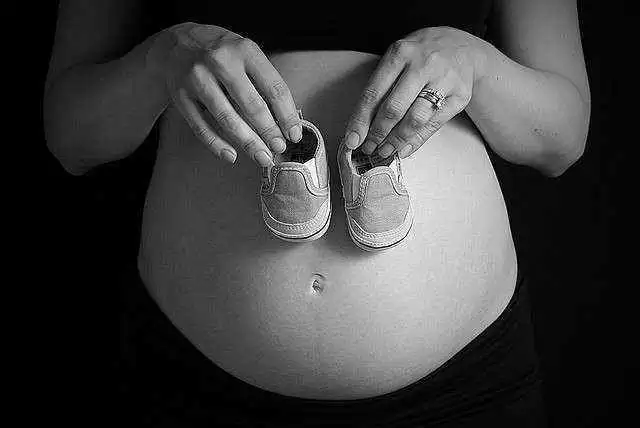Am J Gastroenterol 1999;94:2435-2440.
(Celiac.com 04/10/2000) A study by Danish researchers that was published in the September issue of the American Journal of Gastroenterology concludes that treating women who have celiac disease before they become pregnant improves their birth outcomes. According to Dr. Bente Norgard and colleagues of the University of Aarhus, Denmark, Our study emphasizes the importance of encouraging fertile women to maintain a gluten-free diet once they have been diagnosed, because the time of establishing the diagnosis and subsequent treatment is the major predictor for a favorable birth outcome.
Celiac.com Sponsor (A12):
The Danish team examined the outcomes of 211 newborns from 127 women with celiac disease, and compared them to 1,260 births to women without celiac disease, from data collected between 1977 and 1992 by the Danish Medical Birth Registry. Their results showed that birth outcomes were worse in women with untreated celiac disease than in women who had been hospitalized for celiac disease, and that the risk of low birth weight and intrauterine growth retardation were increased 2.6 and 3.4 fold respectively when compared to the infants born to women with celiac disease and no prior hospitalization for the disease. These same risks were not increased in women with celiac disease who had prior hospitalization for it.
According to Dr. Norgard, Our results emphasize the importance of clinical awareness of this chronic disease. Their conclusion is that untreated celiac disease is a major risk factor for poor birth outcomes, and that the treatment of celiac disease in women is important in the prevention of fetal growth retardation.







Recommended Comments
There are no comments to display.